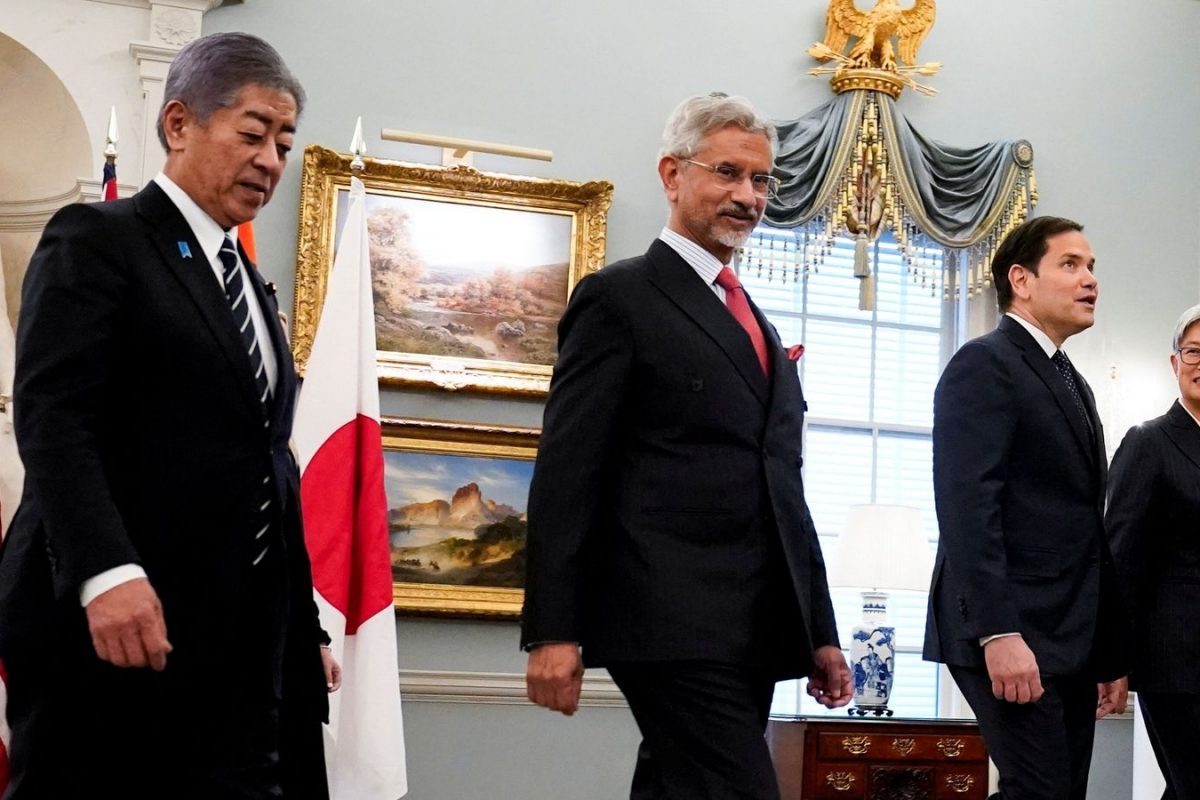

The international community is grappling with the fallout from the tragic terrorist attack in Pahalgam, Jammu and Kashmir, which occurred on April 22, 2025. The attack, which targeted tourists and resulted in the deaths of 26 civilians, has drawn widespread condemnation and sparked renewed scrutiny of counter-terrorism efforts in the region.
The Quad, comprising the United States, India, Australia, and Japan, issued a joint statement strongly condemning the Pahalgam terror attack and calling for the perpetrators to be brought to justice without delay. The Quad's statement also urged all UN member states to cooperate actively with relevant authorities in this regard, in accordance with their obligations under international law and relevant UN Security Council Resolutions. The Quad unequivocally condemns all acts of terrorism and violent extremism in all its forms and manifestations, including cross-border terrorism, and renews its commitment to counterterrorism cooperation.
India's External Affairs Minister S. Jaishankar, who participated in the Quad Foreign Ministers' Meeting in Washington, emphasized the need for zero tolerance towards terrorism and asserted India's right to defend its people against terrorism. He expressed his expectation that Quad partners would understand and appreciate India's position.
Meanwhile, at the Shanghai Cooperation Organisation (SCO) Defence Ministers' meeting in Qingdao, China, India refused to sign a joint statement due to disagreements over the language used to address terrorism. Defence Minister Rajnath Singh called out Pakistan-backed groups for the Pahalgam attack and defended India's military response, "Operation Sindoor". Sources indicate that Pakistan, with the support of China, sought to include unrelated issues in the statement and downplay cross-border terrorism. Singh emphasized that there should be no double standards in addressing terrorism and stressed the need to hold perpetrators accountable.
The Pahalgam attack has intensified tensions between India and Pakistan, with India accusing Pakistan of supporting cross-border terrorism. Pakistan has denied these claims and called for an independent investigation. The attack has also led to a series of escalatory measures, including the suspension of the Indus Waters Treaty and military strikes between the two countries.
The international community has largely condemned the Pahalgam attack, with many countries expressing their condolences and reaffirming their commitment to fighting terrorism. The United Nations has also underlined the need to hold the perpetrators, organizers, financiers, and sponsors of the attack accountable and bring them to justice.
The Quad's condemnation of the Pahalgam attack and India's stance at the SCO meeting highlight the ongoing challenges in achieving a unified global approach to counter-terrorism, particularly in the context of regional rivalries and differing strategic interests. The focus remains on bringing the perpetrators of the Pahalgam attack to justice and preventing future acts of terrorism in the region.